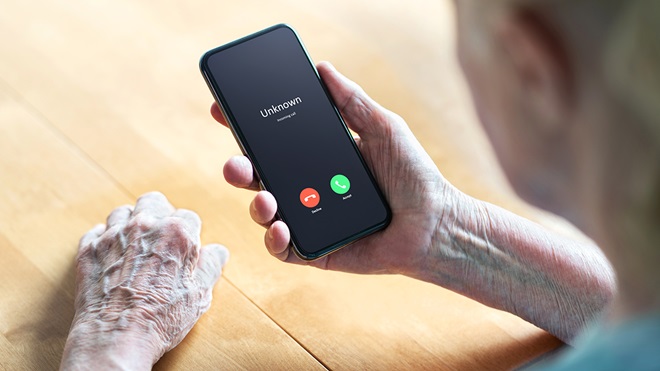Need to know
- In the last financial year, around 31,700 customers of Australia's biggest banks lost more than $550 million to scammers
- As a whole, banks have only stopped about 13% of scam payments
- CHOICE is calling on the banking sector to do more to protect its customers
When scammers target you and the money comes out of your bank account, you'd expect the bank to take some responsibility.
After all, it's the well-resourced institution that's facilitating the transaction to the scammer's account and presumably would have policies in place to protect you.
But it turns out that many banks do very little to prevent scams in the first place or to reimburse victims after they happen.
A new report by the Australian Securities and Investments Commission (ASIC) shows how poorly banks are performing when it comes to protecting their customers from the rising tide of scams, many of which have become sophisticated enough to fool even the most careful of consumers.
Australians lost $3.1 billion overall to scams in 2022, an 80% increase compared to 2021. In the last financial year, about 31,700 customers of Australia's biggest banks lost more than $550 million to scammers.
Customers bearing the brunt
According to the ASIC report, bank customers (rather than the banks themselves) are nearly always the bearer of scam losses, accounting for 96% of total scam losses across the banking sector.
And banks as a whole have put a stop to a mere 13% of scam payments, while bank reimbursements ranged from a paltry 2–5%.
When ASIC reviewed three banks who had available scam-loss data, it found that compensation was paid in only around 11% of the cases.
In some cases a bank's response may contribute to further distress for a customer
ASIC deputy chair Sarah Court
Worse, dealing with a bank after you've been scammed can add additional layers of stress.
"Our review found there were inconsistent experiences and outcomes for customers who were the victim of a scam, and in some cases a bank's response may contribute to further distress for a customer," says ASIC Deputy Chair Sarah Court, adding that banks "need to reconsider the ways they respond to and engage with scam victims to reduce further distress and help them better manage the situation".
ASIC's report shows Australian banks are failing to protect people from the devastating harms of scams
CHOICE head of policy Patrick Veyret
CHOICE head of policy Patrick Veyret says "ASIC's report shows Australian banks are failing to protect people from the devastating harms of scams. Banks need to take much greater responsibility for detecting and preventing scams."
"The federal government must intervene now and pass laws forcing banks to reimburse customers for scams losses, except in circumstances of gross negligence," says Consumer Action CEO, Stephanie Tonkin.
Lodging a complaint the right move
Not surprisingly, the ASIC review found that customers who lodge a complaint with their bank after being scammed were more likely to receive compensation of some sort.
ASIC is urging banks as well as telecommunication providers and digital platforms to read the report as a guide to "developing consumer-focussed scams management practices and strategies".
"We'd like to see the banks take steps to evolve their scam management practices, including how they inform and educate customers and help them through what is a distressing time," Court says.
We're on your side
For more than 60 years, we've been making a difference for Australian consumers. In that time, we've never taken ads or sponsorship.
Instead we're funded by members who value expert reviews and independent product testing.
With no self-interest behind our advice, you don't just buy smarter, you get the answers that you need.
You know without hesitation what's safe for you and your family. And our recent sunscreens test showed just how important it is to keep business claims in check.
So you'll never be alone when something goes wrong or a business treats you unfairly.
Learn more about CHOICE membership today
Stock images: Getty, unless otherwise stated.



